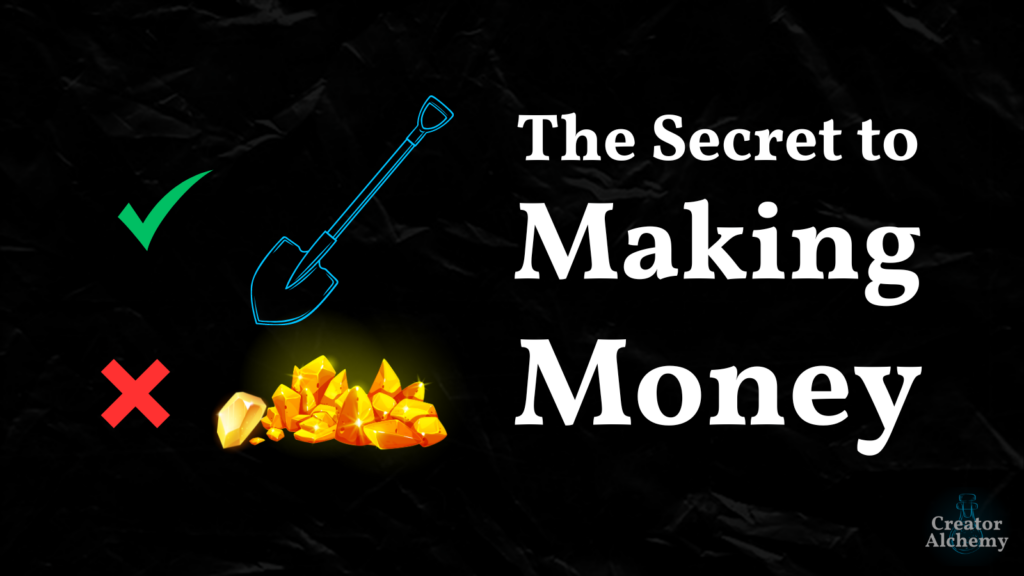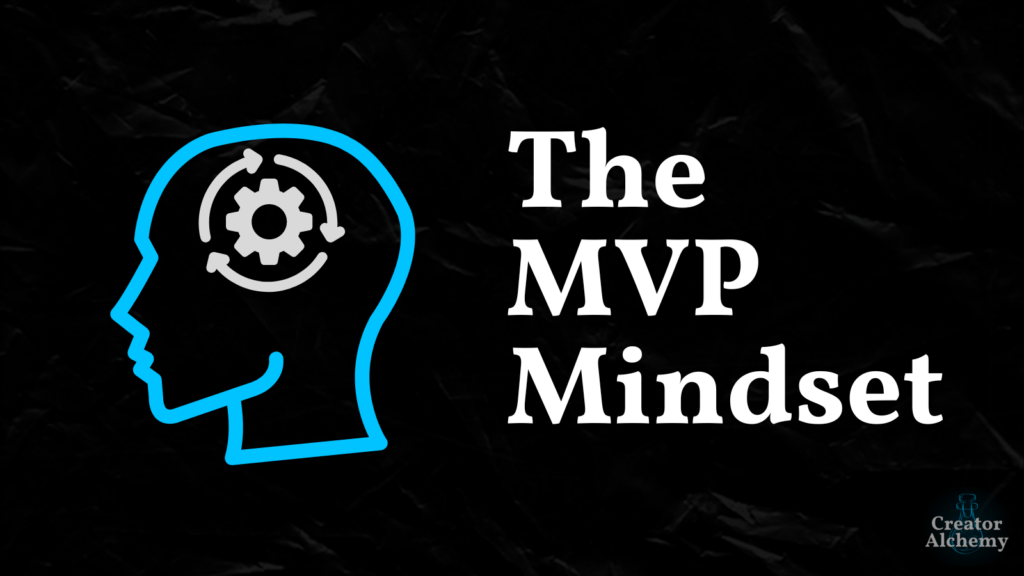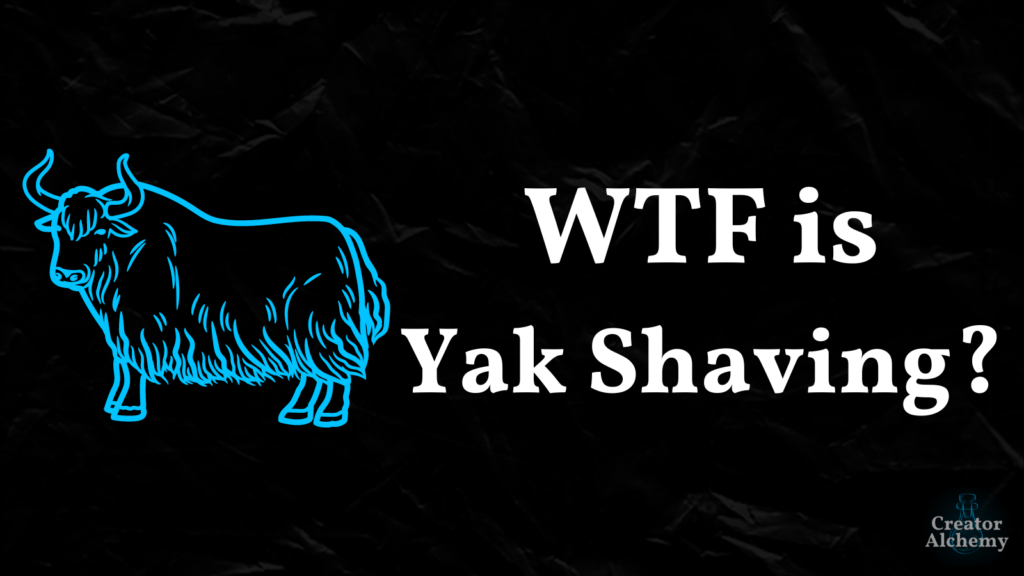Work used to mean long commutes, endless meetings, miles of bureaucratic red tape and paperwork, lunch hours filled with mind-numbing small talk, then shambling through the door at the end of the workday utterly drained.
Then I got an email from my boss: In 30 days, I would be fired.
That gave me three paychecks’ worth of runway, nothing in my savings account, and a suffocating $200,000 in student loan debt.
But let’s back up a few months…
•••
30 Days Notice and No Job Prospects During a Pandemic
In August, I moved to a new state. I was going to quit my old job, but my boss — the COO — called me into her office and said, “What if you stayed with the company and we made your position remote?” It sounded great. So I turned down the other job offer and signed my new contract.
Everything was going great. I could see more patients because all they had to do was answer the phone — they didn’t have to take off work to get to their appointment or deal with traffic. It was also great for patients who were too afraid to come into the office (because, you know…COVID). And I could do therapy in my “work pajamas.”
It was a win-win.
I got the 30-day notice in November — right around my birthday. The company was moving away from telehealth, which put my job first on the chopping block.
So I’d be out of a job in December. No money (Merry Christmas to me) and no health insurance…during a pandemic. Oh yeah, I also couldn’t find another job…
Why?
Because therapy licenses are based on geography. I can be anywhere in the world and do a remote therapy session, but my client has to physically be in the state I’m licensed in.
I was licensed in West Virginia but living in Kentucky. I wasn’t willing to move back home because of other obligations I had in Kentucky, couldn’t find a remote job out of West Virginia, and getting licensed in Kentucky would take several months and hundreds of dollars I didn’t have (the licensure process is terrible).
And because I didn’t work at the medical center anymore, I couldn’t qualify for loan repayment or forgiveness on the $200,000 it cost to earn my doctorate.
I felt stranded and betrayed. Pushed out of the only nest I’d ever known — doing therapy.
But those few months of working from home changed my perspective on how I wanted to spend my time. I didn’t want to spend another lunch making small talk after I’d gotten used to sharing a homecooked lunch with my girlfriend every day.
A steady paycheck didn’t hold the appeal it used to if it meant sacrificing my most precious resource — time.
•••
Pivoting Into Unknown Territory
What could I do? I had 30 days to figure out my life and questioned everything I’d built my professional career around.
If I found another therapy job, I’d end up right back where I started — dreading Mondays and drowning in bureaucratic bullshit.
So in the spirit of the Lean Startup, I decided to pivot.
I knew I was over being an employee.
Every job I’d had was the same. Everyone was salaried, so there were zero incentives to innovate or improve workflows. We got paid the same regardless of how many people we saw, how long it took us to do our notes, or how many staff meetings we spent talking about the exact same issues.
I wanted to innovate. I needed creative freedom. I couldn’t stand to be lulled into complacency by uninspired coworkers and a steady paycheck that demanded 40 hours of my life every week.
That left one option: diving into entrepreneurship with both feet…without any business background.
•••
The Wild West of Coaching
The clock was ticking. I had 30 days before the money stopped coming and I was left to fend for myself.
I’d always liked the idea of executive coaching — helping people optimize their mindsets and habits and flourish. But throughout grad school, I only ever heard my professors talk trash about coaching. So for years, I pushed the idea of it to the back of my mind.
During my 30 days to figure out my life, I read an article about coaching. Yes, the field was unregulated — there are tons of internet “gurus” peddling snake oil and calling themselves life coaches because there are no licensure or credential requirements to call yourself any kind of coach.
But the lack of regulation meant people with legitimate expertise, like psychologists, could move into the field and elevate it.
Dr. Jeffrey Auerbach, one of the psychologists interviewed for the article, explained why psychologists have an advantage going into coaching:
“Psychologists have the most training of any profession in understanding human motivation, behavior, learning and change. And if they’ve done clinical work, they have a depth of one-on-one experience far greater than that of people who aren’t mental health professionals. Coaching is actually a great fit with what most of us already do.”
So I overcame my internalized stigma of coaching and found a personal and executive coaching training program.
•••
Leaning Into Overwhelm
All the professional skills I’d spent the last decade honing fit perfectly with coaching, I just had to make the mental switch from doing therapy to doing coaching.
Therapy is about bringing someone from dysfunction to functioning — to help them get their head above water.
Coaching is about helping people, who are already functioning, optimize and flourish.
I was ready to help people thrive, instead of just survive.
After finishing the course, I set up virtual shop by building my website, offering pro bono sessions to get testimonials, and growing on Twitter — all while learning every other aspect of running my own business.
Entrepreneurship — solopreneurship — is overwhelming.
I didn’t learn anything about business in school, so I was starting at square one. Thankfully, through Twitter, I’ve connected with incredible people and found phenomenal resources to help along the way:
- When I was overwhelmed with designing my website, Nick Wignall pointed me to free WordPress templates that made spinning up my website quick and painless.
- When I struggled to write my coaching sales page, Dan Koe pointed me toward his Make It Profitable course that takes a color-by-numbers approach to effective copywriting and marketing tactics.
- When I wanted to turn my expertise into a transformational online course, Andrew Barry told me about the On Deck Course Creator Fellowship, which helped me turn my ideas into evergreen courses.
Through networking with generous online Creators, adding value wherever I can, building in public, and working my ass off, I’ve managed to make this entrepreneur thing work.
I use my skills as a psychologist to help founders, creators, and entrepreneurs flourish by developing mental models and systems to build a life — and business — aligned with their values, so they can spend their time doing meaningful, purpose-driven work that fulfills them.
•••
New Horizons of Entrepreneurship and Fulfillment
Every day as an entrepreneur feels like this:
But I’ll take.
Work used to be synonymous with misery.
Now, it’s synonymous with freedom and fulfillment.
It means spending every day working with inspiring people, exploring my creativity through writing and creating online courses, and going to bed excited for what tomorrow holds.
So the next time life forces you out of your comfort zone and fear threatens to paralyze you because you don’t know how you’re going to make it, remember this:
Like a bird being pushed out of its nest, you have two choices: fall or fly.
You can’t go back to your old life. Will you give up or rise to the occasion?
Humans are built to adapt, and adaptation happens when we face adversity head-on.
Up up and away.



